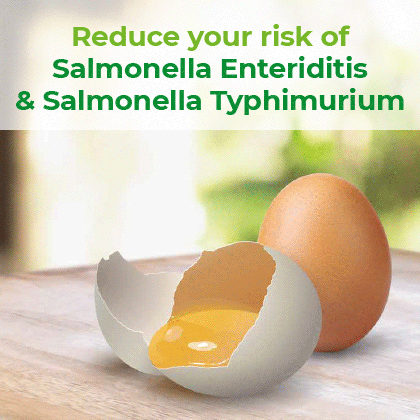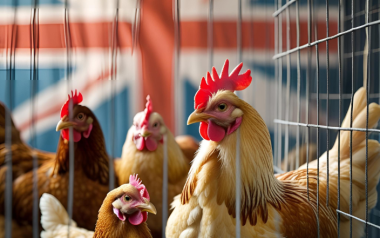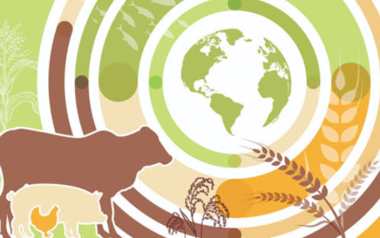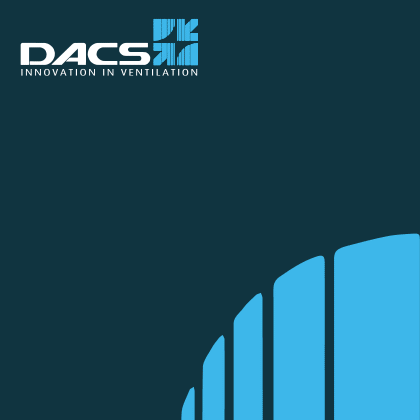29 Apr 2022
Understanding heat-stress in layers (Part II)
Closely monitor layers' flock feed consumption during hot weather. It is important to reformulate the diet for other nutrients...
Available in other languages:
Content available at:
Español (Spanish)
Nutritional management in flocks with heat stress:
Closely monitor layers’ flock feed consumption during hot weather. It is important to reformulate the diet for other nutrients, particularly amino acids, calcium, sodium, and phosphorus, according to the demand for bird productivity (egg production phase) and observed feed intake.
- Periods
Avoid feeding during hot periods of the day and encourage feed intake as much as possible in the early morning or late afternoon.
Consider adding a 1-2 hour midnight feeding.
- Particle size
Alter the size of the feed particles, either by increasing the size or by feeding a crumble diet. In crumble diets for layer flocks, a supplemental source or larger presentation of limestone particles is recommended.
- Organic Zinc
Organic zinc can improve the quality of the eggshell by helping the activity of the enzyme carbonic anhydrase since zinc is a key mineral element of this important enzyme.
- Energy
Increasing the proportion of the energy contribution from a highly digestible lipid, rather than starches or proteins, will reduce body heat produced from digestion. This is known as heat gain and is lower with dietary fat digestion.
- Cleaning feeders
A maximum time of 1 hour is generally recommended to clean the feeders, but during this time, it can be extended up to 3 hours when the temperature exceeds 36°C.
Diet Formulation
- Formulate diets using highly digestible materials, particularly protein sources. Metabolism of excess protein is particularly hot-loading for the bird and worsens the ion imbalance. Formulate to digestible amino acid goals and do not apply a high crude protein minimum in the formula. Synthetic amino acids can reduce crude protein in the diet without limiting amino acid levels.
- The requirement for
TO CONTINUE READING REGISTER IT IS COMPLETELY FREE
Access to articles in PDF
Keep up to date with our newsletters
Receive the magazine for free in digital version
REGISTRATION
ACCESS
YOUR ACCOUNT
LOGIN
Lost your password?







































